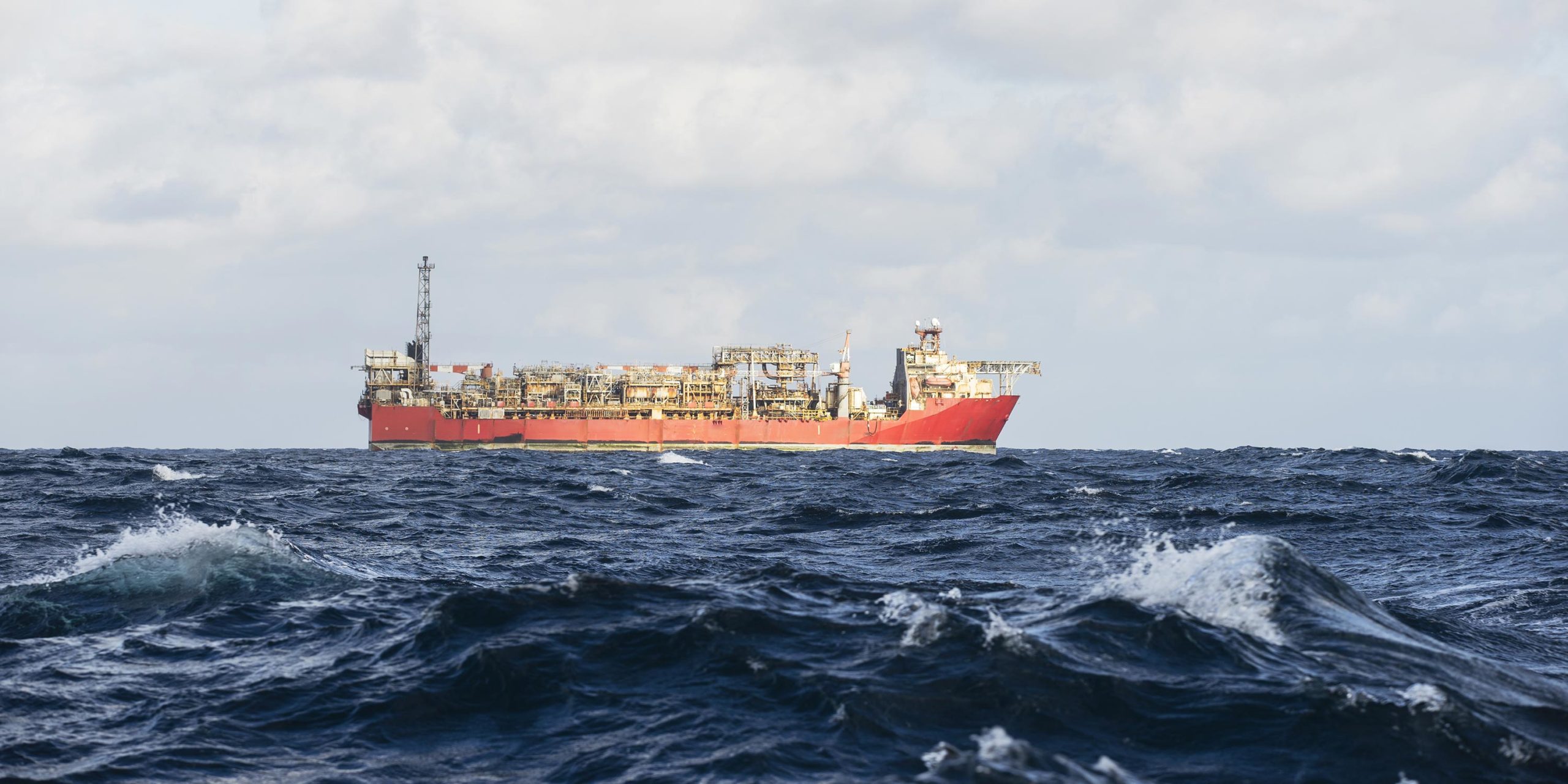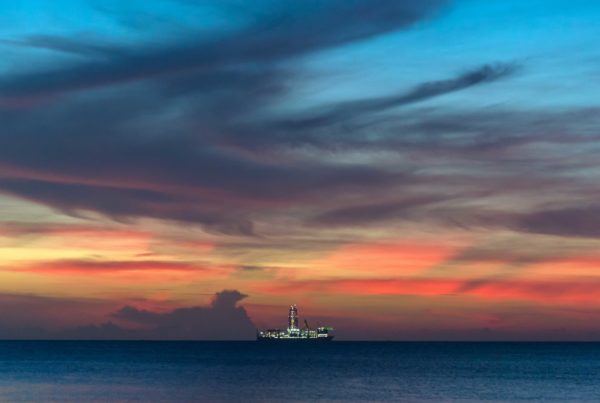Douglas-Westwood’s (DW) new World Floating Production Market Report 2016-2020 forecasts that Capex for FPS units will total $58 billion (bn) over the period to 2020. This is substantially lower than expected last year, as result of plummeting oil prices over the second half of the year, but the value of the order book remains near record levels. Report author, Ben Wilby, commented, “There remain a wave of projects, ordered over the previous cycle, that are yet to be installed. Many of these have seen installation dates slip, with delivery on time (and budget) clearly still an issue for the industry. The looming challenge for the supply chain, and particularly shipyards, is the lack of new orders to refill the backlog after these units come onstream.
“2015 was a weak year for orders in the FPS industry with only four vessel contracts being awarded with a total value of $3bn. There have been no orders to date in 2016. It appears we have reached the bottom of the down cycle and operators are adjusting to the low oil price and will begin to order again in the second half of the year. DW expects a low order value of $2.6bn this year, from a higher number of orders than in 2015. Operators are pushing both cost reduction measures and complete re-engineering of projects. Two key examples are the FPSS for the Mad Dog Phase 2 project (which should be ordered this year) and the Johan Castberg FPSO. Both fields had development plans that were uneconomic when the oil price was $110 but due to cost decreases and revised development plans are now economic at a low price – showing that operators are willing to adjust and work at the new price norm.”
Andy Jenkins, Senior Analyst, concluded, “There was limited commissioning in 2015 and as a result the value of units under construction declined only $3bn, from $54bn to $51bn in the last year. In 2016 we have already seen the start-up of high-Capex vessels such as the Goliat FPSO in Norway, while vessels such as Turritella for the Stones field in North America and the FPSS and FPSO for the Ichthys field in Australia are due to start in the coming years.
“The current downturn represents an opportunity for the industry to move towards a more standardised approach to FPS engineering, which has been debated for many years, without significant progress. We expect a leaner, more efficient FPS industry to emerge from this downturn.”
Floating Production Orders Bottom Out – Spend to Total $58 Billion 2016-2020





